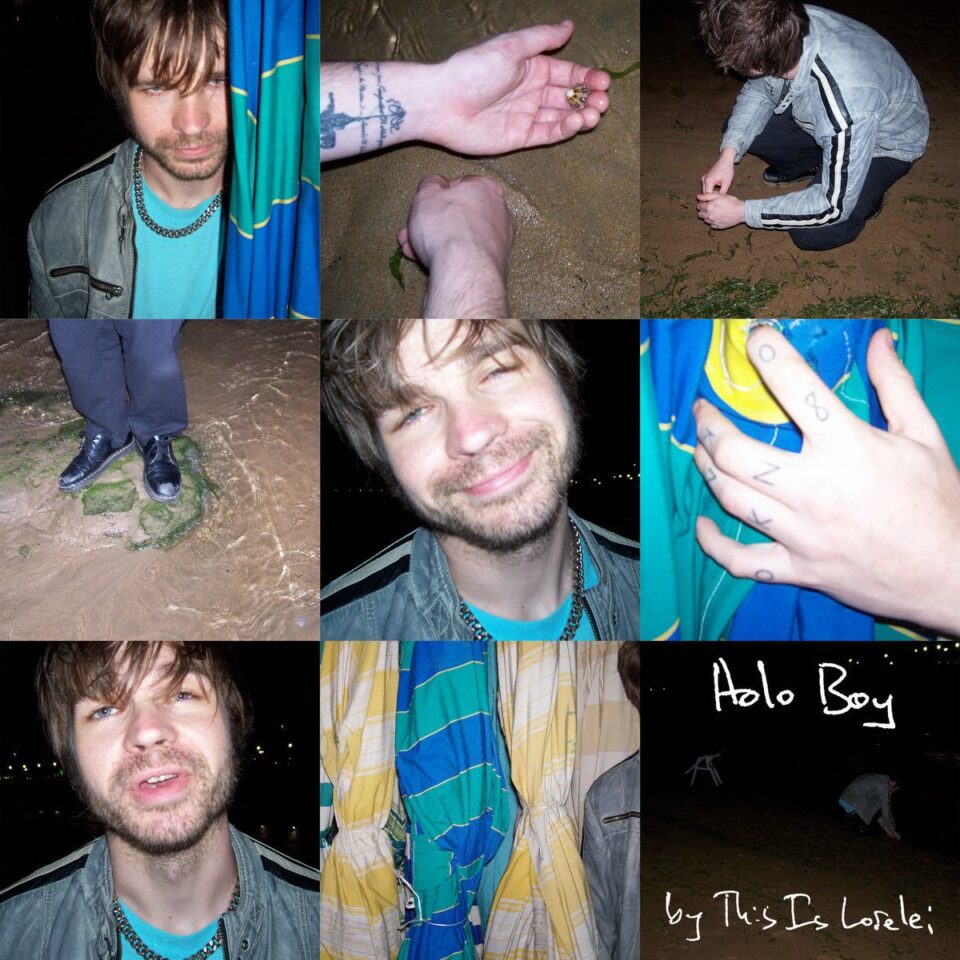Dispatches from Elsewhere opens with a shot of Richard E. Grant staring into the camera. It’s a jarring introduction, but a relevant one—from the very beginning, the show invites us to be a part of the experience. Grant speaks directly to us at home as though he knows who we are, and knows about the lives we live. In the first few minutes, before any real plot is introduced, we are told that we’re as involved as the characters on-screen.
After being inducted into this fictional world, we meet the main character Peter (Jason Segel), who, as it’s put in the show, “never makes eye contact with his fellows, and assumes his fellows never make eye contact with his fellows either.” Peter is depressed and lonely; he feels like he’s merely existing rather than really living. His world lies entirely in his own space, separated from the people and the world around him. It’s not because he only physically goes from home to work and back every day, but because he has become so lost in his own head that he can no longer relate to the world around him.
Peter’s story picks up after calling the number on a flyer he finds taped to a lamppost, and we meet Simone (Eve Lindley), Janice (Sally Field), and Fredwynn (André Benjamin). They’ve each called the same number and embarked on the same series of puzzles crafted by the mysterious Jejune Institute. As the story unravels, the characters begin to suspect there’s something more behind the game, and they descend down a rabbit-hole of theories.
What Dispatches from Elsewhere asks us to consider is not what’s at the heart of the mystery, or just past the finish line. Instead, it implores us to imagine what it’s like to be the characters, each with their own shortcomings. By stepping into someone else’s shoes, we as viewers are able to gain a deeper sense of connection to both the show and ourselves, looking within our own humanity to understand the characters on-screen.
Dispatches examines not just what makes us human, but the beauty that comes from being one among billions. The show highlights a major issue in each of the characters’ lives caused by a distinct separation from the people around them: Peter lives in an insular world because he’s too concerned with how he’s perceived; Simone doesn’t quite know where she fits into the world, so she’s blocked everyone out completely; Janice put all of herself into her relationship with her husband who is now in a coma, rendering her incapable of making her own choices; and Fredwynn has internalized the need to be the best so strongly that he’s cast away everyone else for the sake of competition. All four struggle with the idea of what it means to be part of a larger humanity, preferring to bury themselves in their own worlds due to comfort or uncertainty.
Because of this singular thought process, the team is, at first, fully incompatible. Each character gets something different out of the game, and they are so engrossed in their own intentions that the distance between them continues to expand. It’s not until they discover the strength that lies in working as a unit that Peter, Simone, Janice, and Fredwynn begin to change for the better. Peter develops confidence after becoming more vocal and involved in part of something outside of himself. Simone finally finds the community she was unable to build herself by opening up. Janice’s decisions are supported, and she begins to create the life she’d always wanted for herself. Fredwynn begins to build the human connections he longed for his entire life by simply learning to slow down, and allowing others to catch up.

Dispatches from Elsewhere is based, in part, on The Institute, a 2013 documentary that chronicled the Games of Nonchalance created by Oakland artist Jeff Hull. The real-life Jejune Institute asked participants to share random experiences to achieve a state of “divine nonchalance.” Neither the source material nor Dispatches truly defines what this goal means, but the series makes it seem less about an unbothered state of being and more about the grounded sense of self that comes from living in the same world as other people. For the four leads, “divine nonchalance” means understanding the beauty that comes from allowing people in and accepting humanity as a whole.
In the finale, the entire framework of the show undergoes a meta-twist. Peter is no longer Peter, but Jason Segel. The curtain is removed, revealing that the whole show has been—both on-screen and in reality—a way for Segel to write himself back into the humanity he seemed so far removed from. In actuality, the actor had been dealing with alcoholism and a lost sense of self, and Dispatches from Elsewhere was his way of rediscovering himself. The audience discovers that the characters haven’t been stuck in a virtual reality game or in a strange simulation; instead, they were simply fictionalized characters in a script, and it was as though Segel were showing us the episodes himself.
The final scene sees Grant once again speaking directly to us. In the same way that the opening monologue reveals that we’re as much a part of this show as the fictional characters, the ending tells us that we are as much a part of this story as Segel. Although the whole series has been an often-jumbled metaphor for his own life, it could not exist without the viewers at home. Segel found himself through embracing the world around him, and he now invites us to do the same, directing us to ask if our own flaws lay in a self-created disconnect from collective humanity.
Instead of making us discover beauty outside of ourselves, Dispatches from Elsewhere asks us to consider that beauty is in the simple idea of togetherness. The finale is punctuated by a collage of viewer-submitted videos echoing Grant’s closing message that “There is no you. And there is no me. There is only we.” As faces flash across the screen—from here, there, and elsewhere—the show makes sure that you leave understanding at least one thing: that there is no “you” without the people around you. FL







